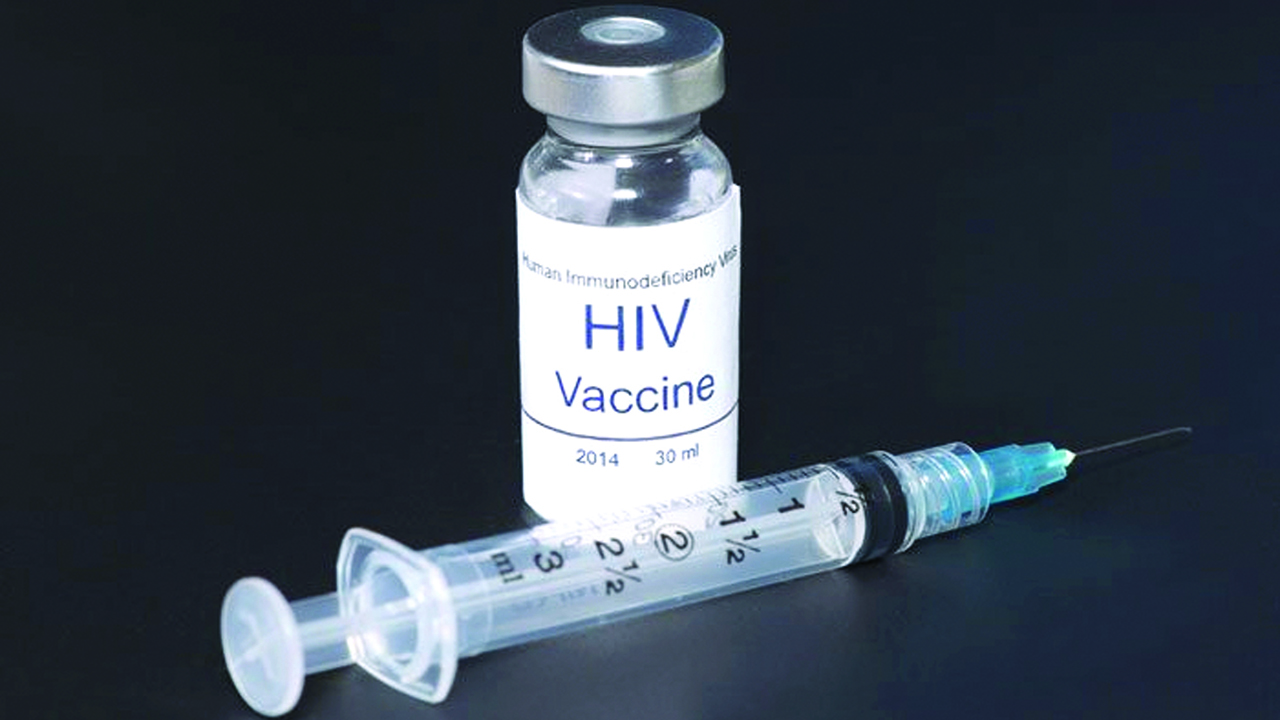
The Institute of Human Virology of Nigeria (IHVN) is working to develop an effective HIV vaccine that will be beneficial for Nigeria and the whole of West Africa.
Prof. Alash’le Abimiku, Executive Director of the International Research Center of Excellence (IHVN), disclosed this during a media parley on IHVN’s 20 years of excellence in public health implementation, capacity building, and research, held on Thursday in Abuja.
She noted that research to identify an effective HIV vaccine is being funded by the United States Agency for International Development (USAID).
Abimiku said that over the past 30 years, research efforts aimed at developing an effective vaccine have primarily focused on eastern and southern Africa, without consideration for the specific forms of the virus in West Africa.
She explained that in Nigeria, there are two types of HIV: Subtype G and a recombinant strain known as CRF02.
She observed that the Subtype G and CRF02 HIV viruses spread across all of West Africa, not just Nigeria, hence the need to take those isolates into consideration to ensure that any product developed will be beneficial to the entire region.
Abimiku said, “Nigeria is, for the first time, the only country in West Africa that is now participating in efforts to identify an effective HIV vaccine. We can’t end the pandemic without vaccines. While we can manage well with drugs, individuals face significant challenges when taking medication long-term. This initiative is crucial for IHVN’s contribution to vaccine research that will work for Nigeria and the entire West Africa region.
“HIV has different forms. In Europe and the U.S., it’s referred to as subtype B. In South Africa, it’s subtype C. In East Africa, it’s mostly subtypes C and E. In Nigeria, we have Subtype G and the recombinant strain CRF02. These strains spread throughout West Africa, not just in Nigeria. Hence, by considering these isolates, whatever we produce will be beneficial for the entire region. The HIV strains in eastern and southern Africa are very different from those we have here. For the last 30 years, research has been ongoing without considering our local context. IHVN has put Nigeria and West Africa on the map.”
Abimiku stated that the institute is currently sequencing the virus and studying the characteristics of Subtype G and CRF02. Once this research is complete, a vaccine construct will be developed and tested on animals to ensure safety before conducting trials on a small population to assess protection efficacy.
She explained, “We are conducting the initial part of the research in our laboratory, sequencing the virus and its characteristics. However, when it comes to assembling it into a vaccine construct, only one site in South Africa can do that, along with several facilities in the U.S. and Europe. Therefore, we are collaborating with institutions in Europe and the U.S. for the manufacturing and assembly processes.”
The Chief Executive Officer (CEO) of IHVN, Dr. Patrick Dakum, said that over the years, the institute has tested millions of people, and more than 300,000 tuberculosis (TB) patients have received life-saving drugs and treatment.
Dakum noted that IHVN now operates a public health implementation centre and an International Center of Excellence. The institute aims to lead the way in establishing a learning and development centre that will transform short-term training into long-term educational programs, partnering with local and international universities to offer degree programs.
He said, “IHVN has carved a niche for itself, especially in building the capacity of laboratory scientists throughout the country. We have also conducted training in various aspects of clinical management and palliative care.”
The Chief Operating Officer of the organisation, Mensah, stated that the institute has received over $300 million in grants and funding for research and programs in Nigeria since its inception.






